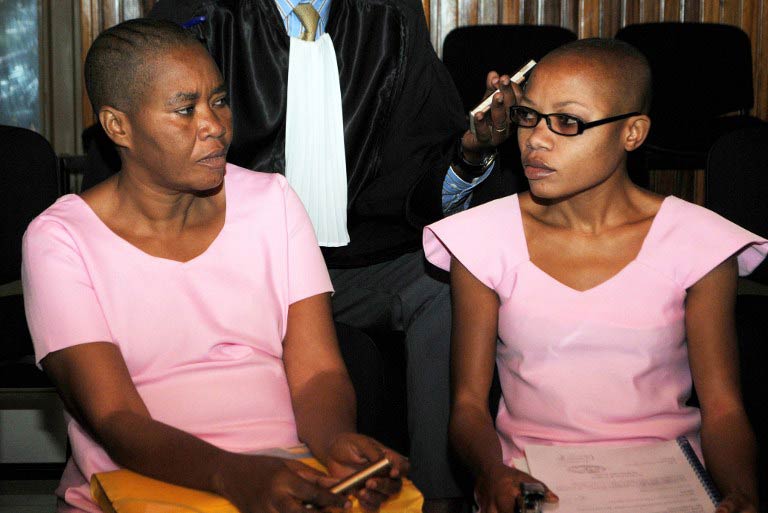Rwandan president Paul Kagame has signed new press laws and a freedom of information Act, intended to liberalise the media. Yet at the same time journalists are in prison for simply doing their jobs – holding the government to account.
Two of these, Agnes Uwimana and Saidati Mukakibibi, were jailed for allegedly defaming Kagame and “endangering national security” after writing articles that criticised the government’s agricultural policy, its handling of corrupt officials, and the justice system for Rwandans involved in the 1994 genocide. The reporters had been warned by the government-appointed Media Council to “tone down” their criticism, and when they failed to comply they were arrested and charged with genocide denial. Their case has been brought to the African Commission on Human and Peoples’ Rights, where they say that their right to freedom of expression and a fair trial have been violated.

Under the new laws, which are the result of international pressure and negotiations that lasted many years, the Media Council will stop being a censor and will focus instead on capacity building and promoting professional journalism. The media will be able to introduce a regime of self-regulation, and the freedom of information act will give journalists access to government information ranging from budgets to infrastructure plans.
However, while legislators congratulate themselves on passing these laws, Uwimana and Mukakibibi are not the only Rwandan journalists being persecuted. Radio journalist Habarugira Epaphrodite is being dragged through the criminal courts for mixing up the Kinyarwanda words for “victims” and “survivors” while reading the news about the country’s genocide commemorations. It was a clear slip of the tongue and he was acquitted, but the prosecution has lodged an appeal which will not be heard until mid-2014. Until then, no radio station will hire him and Habarugira cannot work as a journalist.
These are but a few examples of many. Over the past few years, scores of journalists have fled the country, leaving for Uganda, Sweden or the United States, from where they publish their newspapers online. One of them, in exile in Sweden, has tried to get his newspaper back on the streets in Kigali by importing copies by road from Uganda.
But this can be risky. In December 2011, Charles Ingabire, a Rwandan journalist critical of the president, was shot dead in Uganda where he lived as a political refugee. Two months earlier he had been assaulted by unidentified attackers who demanded that he stop publishing his website. A former soldier, Ingabire had written extensively about the Rwandan military and published interviews with other exiled soldiers.
The introduction of a set of new laws, unconnected with the offences for which journalists have been convicted, cannot be called a first step. Journalists have been jailed for criminal libel, alleged national security offences and vague genocide-related laws. If the Rwandan government genuinely wants to liberalise the environment in which the media operates then the real first step is to release the journalists unjustly imprisoned and reform the laws that led to their imprisonment to begin with.
Peter Noorlander for the Guardian Africa Network. He is the head of the Media Legal Defence Initiative which is representing Uwimana and Mukakibibi at the African Commission on Human and Peoples’ Rights and provides legal aid to several other Rwandan journalists. Follow these cases at www.twitter.com/mldi
Comments are closed.